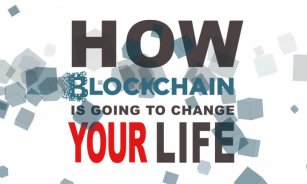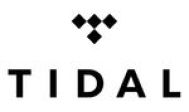As artists, record labels, music publishers and managers line up to lobby the US Congress and the European Union, it might seem as if YouTube is the worst thing to happen to the music business since Napster in 1999. The streaming service, the aggrieved parties claim, is causing a massive “value gap” that is unsustainable.
Meanwhile, every major artist has a channel on YouTube and wouldn’t dream of releasing a new record without YouTube involved in its launch.









 According to a report from Norwegian news outlet Dagens Næringsliv, streaming music platform Tidal may not be paying out the royalties it owes to musicians and record labels in the company’s home country of Norway.
According to a report from Norwegian news outlet Dagens Næringsliv, streaming music platform Tidal may not be paying out the royalties it owes to musicians and record labels in the company’s home country of Norway.